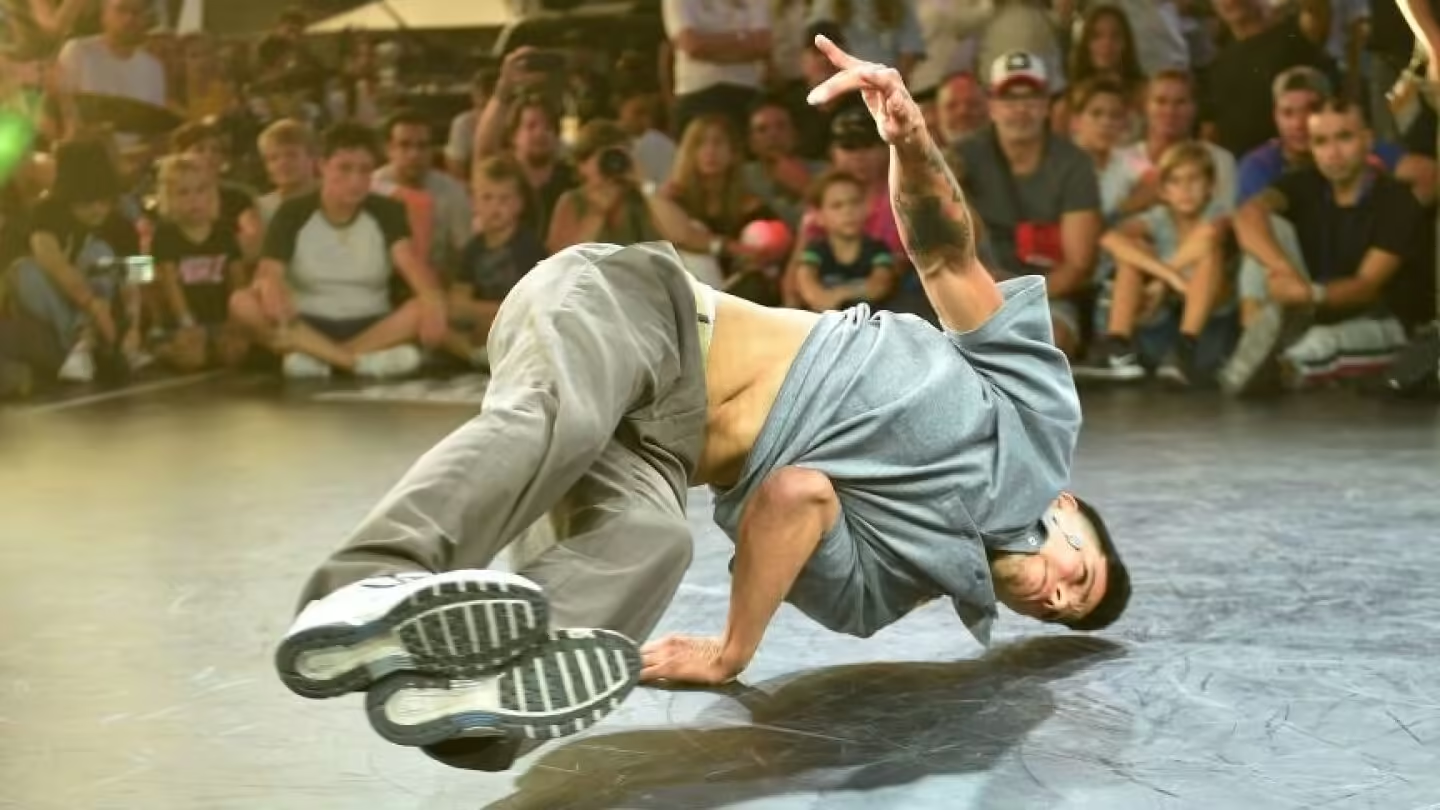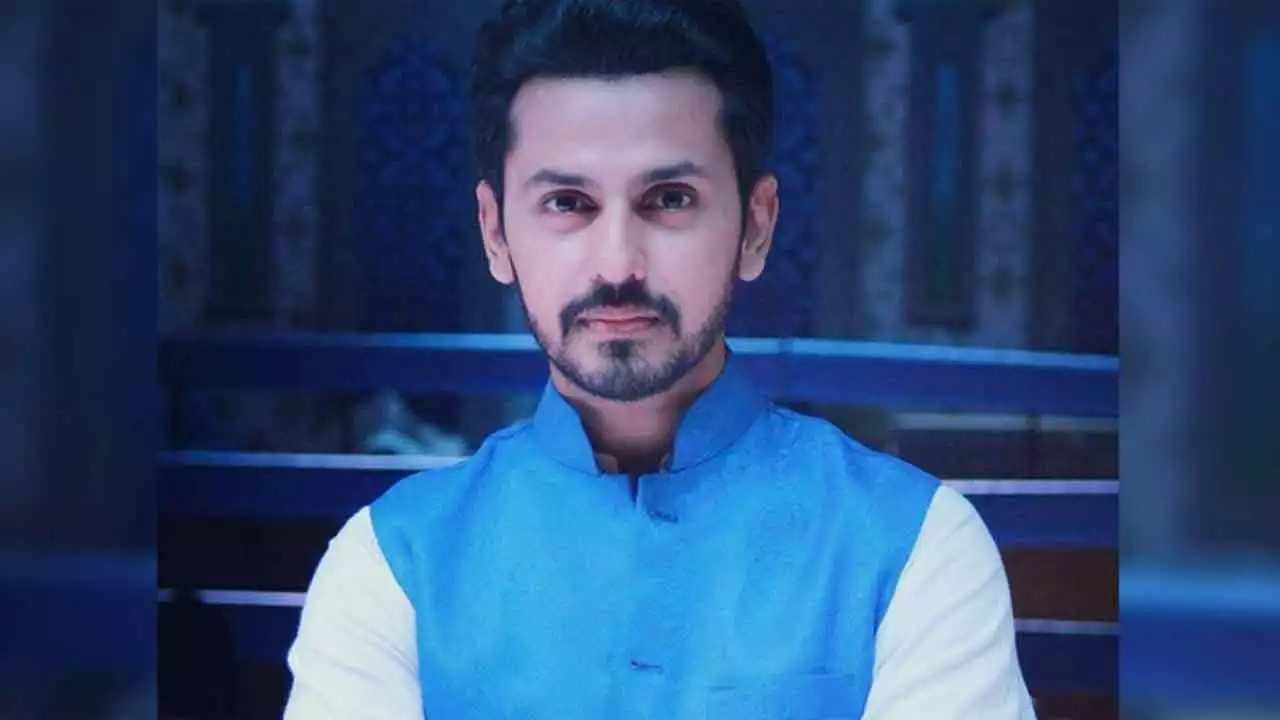Breakdancing, or breaking, has been part of the hip-hop culture for decades and is now making its Olympic debut. Despite its long-standing presence and established international competitions like the Red Bull BC One World Final, Olympic judging is a new arena for the sport, sparking both excitement and skepticism as the Paris Games approach.
Breaking, celebrated as one of the four pillars of hip-hop—which marked its 50th anniversary last year—has captivated audiences globally, especially younger viewers, since its introduction at the 2018 Youth Olympic Games in Buenos Aires. Yet, as the sport enters the Olympic sphere, many remain doubtful about its place in the Games.
Ronnie Abaldonado, known as b-boy Ronnie, a seasoned breaker with 31 years of experience as a competitor, judge, and teacher, is optimistic about breaking’s Olympic future. “Critics often misinterpret breaking as a relic of the ‘80s or just a street phenomenon, not recognizing its evolution,” he said. Abaldonado, who will commentate for NBC during the Olympic breaking events, believes that the sport’s presentation on the grand stage will highlight its talent and complexity, drawing comparisons to gymnastics.
Breaking is an intricate art form that harmonizes mind, body, and soul. The Trivium judging system, developed for the Buenos Aires Youth Games, will evaluate competitors. A panel of nine judges will score breakers on five criteria—technique, vocabulary, execution, musicality, and originality—with each factor contributing 20% to the final score.
Judges will use a qualitative approach, employing a sliding scale to assess each round and battle based on the breaker’s performance in these criteria. An emcee will provide commentary and energize the audience, while the judges for the Olympic event are yet to be announced.
Abaldonado emphasized the visual appeal of breaking’s power moves, such as air moves, head spins, and ground power moves like windmills and freezes. However, he highlighted that technical aspects—like footwork and dance alignment with the music—are crucial. The need for improvisation adds to the originality score, with breakers adapting to music selected by the DJ, which they will hear for the first time during their performance.
Victor Montalvo, or b-boy Victor, representing Team USA, notes the importance of balancing rehearsed elements with spontaneity to avoid a robotic appearance. Tony “Mr. Wave” Wesley, a breaking pioneer from the Bronx, finds breaking’s Olympic inclusion a significant validation of the sport’s global impact. He is now working on creating educational resources for the next generation of breakers through Quizlet.
Here’s a breakdown of the judging criteria:
- Technique: Maintaining control and demonstrating athleticism, form, and spatial awareness.
- Vocabulary: The variety and quantity of moves, with minimal repetition.
- Execution: Smooth performance of moves without falls or slips, ensuring consistency and flow.
- Musicality: Syncing movements to the rhythm of the music.
- Originality: Displaying improvisation, creativity, and personal style.



